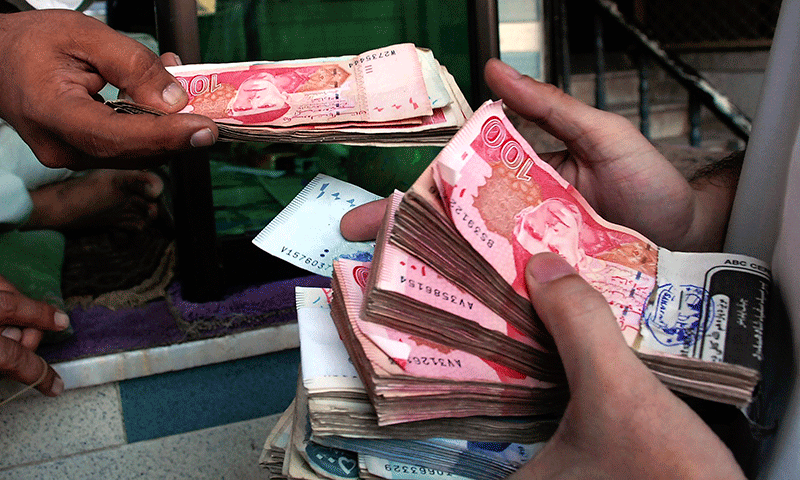ISLAMABAD, March 30: Pakistan has yet to develop a national strategy for meeting safety standards to avoid trade sanctions on export of agriculture and food products under the sanitary and phytosanitary (SPS) agreement. Officials told Dawn on Wednesday that due to lack of a national strategy, many countries had imposed sanctions on Pakistan’s agriculture and food products on the plea that it could not meet their national safety standards under SPS made for protecting their consumers.
Although the SPS agreement was implemented in 1995, the government has so far failed to develop any strategy. However, developing countries, including Pakistan, have been given a preferential period to prepare a national strategy for ensuring food security and safety for their consumers as well.
The lukewarm response to this sensitive issue resulted in trade sanctions on various Pakistani exportable products. “We could not even protect our own consumers from the import of any additives food, veterinary drugs, pesticide, residues, etc,” the officials added.
Japan has banned the entry of mangoes from Pakistan on the plea that they do not meet safety standards. Turkey, Iran and most of the Middle East countries restricted import of meat from Pakistan. Similarly, the European Union banned the import of fish from Pakistan. Sri Lank also restricted import of onions from Pakistan.
Following the EU’s new proposed environmental rules, flowers worth millions of rupees may go waste in Pakistan, as they were likely to be turned away at the point of entry into the EU for non-compliance. Small flower farmers are likely to be forced to wind up because of new conditions.
The officials said the ministry of agriculture, food and livestock had reviewed the plant and animal quarantine laws in 2000, but it had never taken the issue seriously and put the proposed amendments in laws in the cold storage.
The ministry was also suppose to establish a laboratory for quality checking, policy and regulation of environment to provide a necessary infrastructure and give direction to the organizations for taking necessary action in maintaining the quality of products.
The SPS agreement calls for a programme of harmonization of national requirements based on international standards. With regard to food safety measures, WTO members should base their national standards, guidelines and other recommendation adopted by the Codex Alimentarious Commission (CAC) where they exist.
Food safety standards are defined in the agreement on application of SPS measures as those relating to food additives, veterinary drugs and pesticide residues, contaminants, methods of analysis, sampling, codes and guidelines of hygienic practices. More than 300 code standards, guidelines and other recommendations are related to food quality and safety.














































Dear visitor, the comments section is undergoing an overhaul and will return soon.